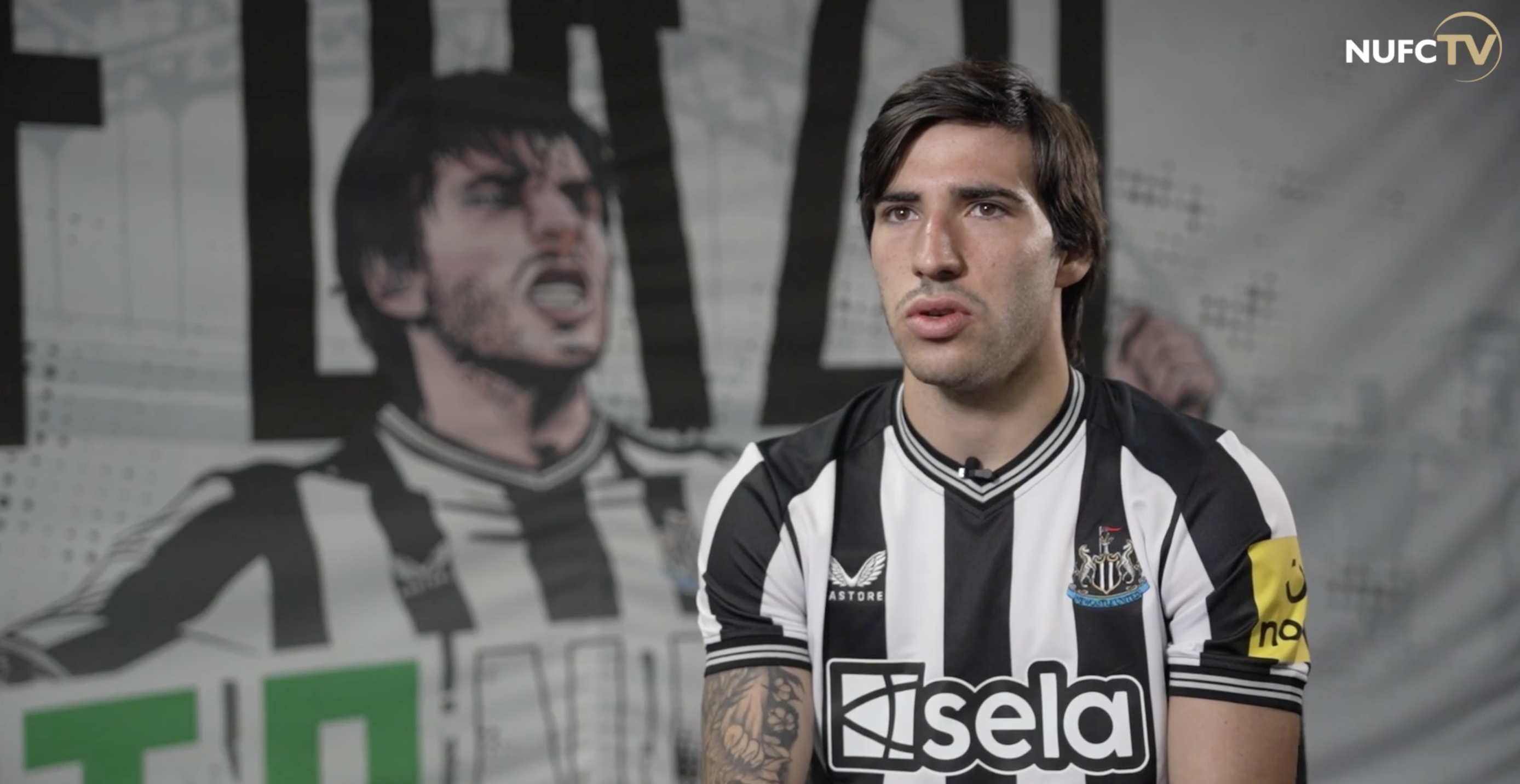Written by Simon Austin — April 1, 2024
With Sandro Tonali facing a further ban from the Football Association for breaching gambling rules, one prevalent argument on both mainstream and social media is that Newcastle United failed to do their due diligence on the £55m transfer.
However, what these articles and posts fail to explain is exactly what the club should have done. So that’s what we asked Neil Whitbread, a former Scotland Yard Detective who has helped a number of elite clubs do due diligence on transfers.
“Hacking into a phone number or private email is a criminal matter and no reputable business or football club should be associated with that kind of nefarious activity.
“For those people saying that Newcastle failed to do their due diligence, I’d say It’s easy to create soundbites from the safety of your keyboard, without knowing all the facts or the processes that were undertaken.”
Whitbread would instead advocate “thorough and bespoke intelligence research”.
“We have contacts all over the world and I would be looking at who to speak to within the player’s network to build a picture of what he’s about,” Whitbread said.
“This might be a former team-mate, because people talk in dressing rooms, as they do in any other workplace. There are a lot of bespoke databases and resources we can utilise to build a picture about someone’s lifestyle, including financial stability.”
This could include looking at sources like the Land Registry, to see if someone has remortgaged or defaulted on mortgage payments, or running credit checks and finding out whether they have other civil debts.
Whitbread added: “It’s all about building up a jigsaw of information and creating context. We can go onto the dark web, where you might be able to see a list of email addresses or names for a bookmaker if there has been a data breach, for example. You need specialist software to be able to do that and to also know how to do it.”
As part of his job, Whitbread sometimes does screening interviews for high net worth individuals before they join corporations. This doesn’t really exist in football though, not least because clubs are not meant to speak to prospective signings without the knowledge or approval of their current employer.
Another option could be to request a download check on a prospective signing’s mobile phone, but, in the words of Whitbread, “how many people would actually agree to that? Maybe no-one.”
Clauses in contracts could also offer protection. Almost all player contracts contain gross misconduct and disrepute clauses which outline behaviours that could lead to termination of employment.
The Premier League has a standard-form contract whereby “gross misconduct” broadly covers actions such as theft or fraud, anti-doping related offences, incapacity related to drugs or alcohol and a catch-all provision covering equally “serious offences” and persistent breaches of the terms of the contract.
Betting related offences are not strictly defined as gross misconduct. However, unilateral termination of a contract is regarded as a last resort and is likely to result in a protracted legal battle.
Also, would it really make sense for Newcastle to terminate the contract of a player who is only 23 and who had signed a five-year deal? Not really.
Furthermore, AC Milan have vehemently denied any knowledge of Tonali’s gambling habits and it would be extremely difficult for Newcastle to substantiate claims otherwise, making any claim for compensation from his former club a seeming no-go.

